Thank you to Dr Rebecca Holt who in a recent article in People Management made the case why organisations must take a less reactive approach to employee wellbeing and why proactive prevention is the best way forward.
As has been said, there is no vaccine for the pandemic’s mental health-related consequences. If we are really committed to looking after our own and our workforce’s mental health, we need to seriously reconsider how we are focusing our resources.
Historically we have spent 80 per cent on crisis – our EAP programmes and training our mental health first aiders – and 20 per cent on remaining well in the workplace. We need to flip this investment.
With something so complex, it is undoubtedly a challenge for organisations to know where to begin. It is therefore perhaps not surprising that the ‘sticking plaster’ approach has prevailed for so long. So how can we begin to turn the tables?
Organisational Culture
We first need to reflect on our organisational culture around mental health. The number one priority is to tackle stigma about mental ill-health in the workplace and create a psychologically safe culture of openness. Mental health is still the elephant in the room in many businesses and there is a reluctance to talk about it for fear of discrimination.
Modelling vulnerability at a senior level demonstrates how we all may struggle with our mental health at times, but this doesn’t mean we can’t be successful and good at what we do. Regular communication from senior leaders to reinforce the importance of staff wellbeing is, without doubt, one of the most effective and powerful ways to shift the culture.
Develop a mental health plan
It is essential that organisations develop a mental health plan communicating the importance of mental health and wellbeing. This plan should include how the company plans to address the work-related causes of mental health problems; how work-life balance will be supported; creating clear guidance for managers; and establishing what support will be offered to those experiencing poor mental health.
Measure staff wellbeing
Employers need to have ways of measuring staff wellbeing. How can we know what we need to do if we haven’t identified the need? It is important that a wellbeing programme is developed in conjunction with staff and in response to their particular needs, rather than imposed from the top down. It needs to be creative, flexible, easily accessible and tailored to the specific needs of the employees. One size does not fit all.
Make people feel safe
How can we move towards ensuring all employees have a regular conversation about their health and wellbeing? This can only be possible if people feel psychologically safe to do this, without fear of discrimination and that means from CEO to receptionist.
A proactive approach needs to address the factors that we know impact people’s mental health at work. Having greater autonomy and control in one’s role, opportunities for development, feeling that we have a healthy work-life balance and that we can build social networks are all crucial predictors of our wellbeing at work.
We now have a perfect opportunity to really reverse the longstanding reactive model of addressing the mental health of our workforce. We need to embrace this opportunity if we are to thrive at work and outside and live a better holistic life.
P3 Business Care helps you address all of the above factors.
P3 Business Care is a Community Interest Company and social enterprise operating across the UK. Supporting your business on a weekly basis we provide personal and proactive care to your employees working in partnership with the company. Our Business Partners visit your business developing trust & relationships so we can identify and address issues before they become a crisis, absence, or staff turnover. Read more about our services here

